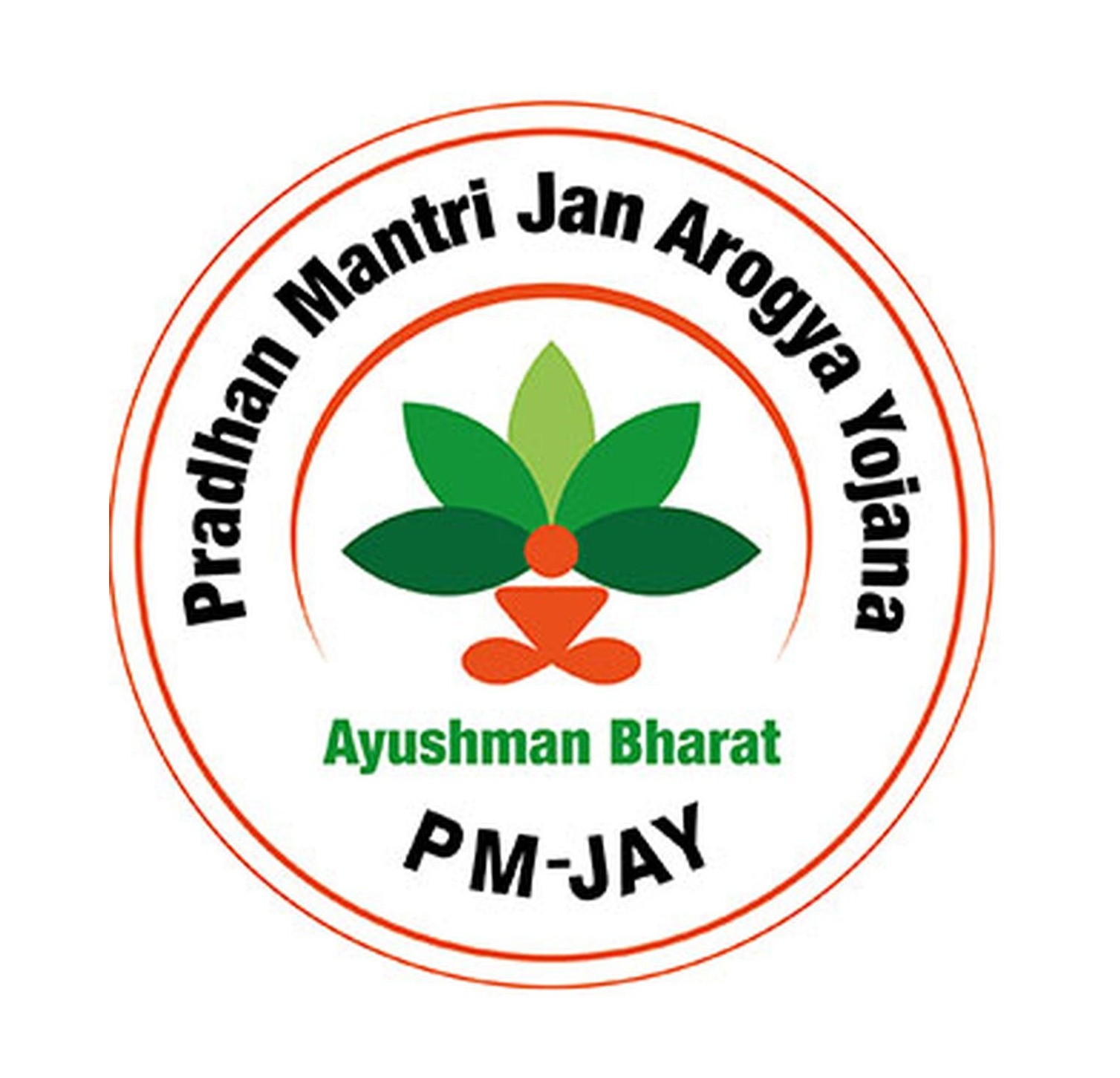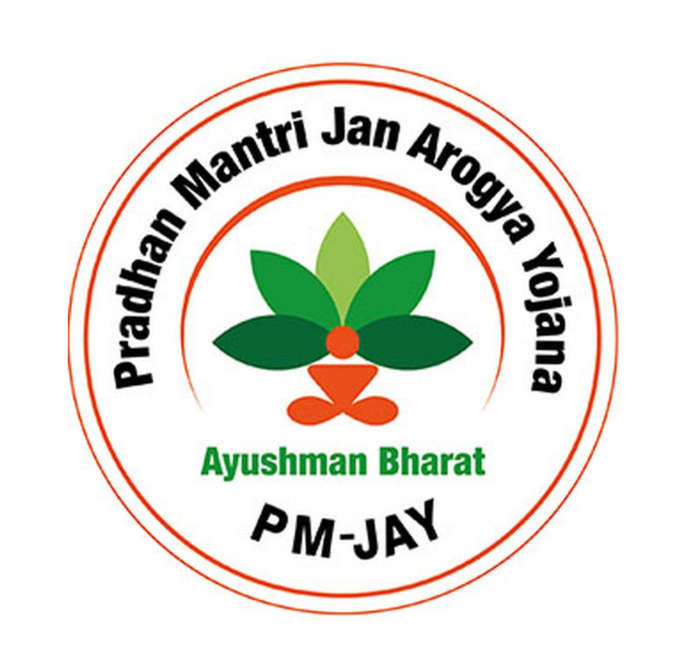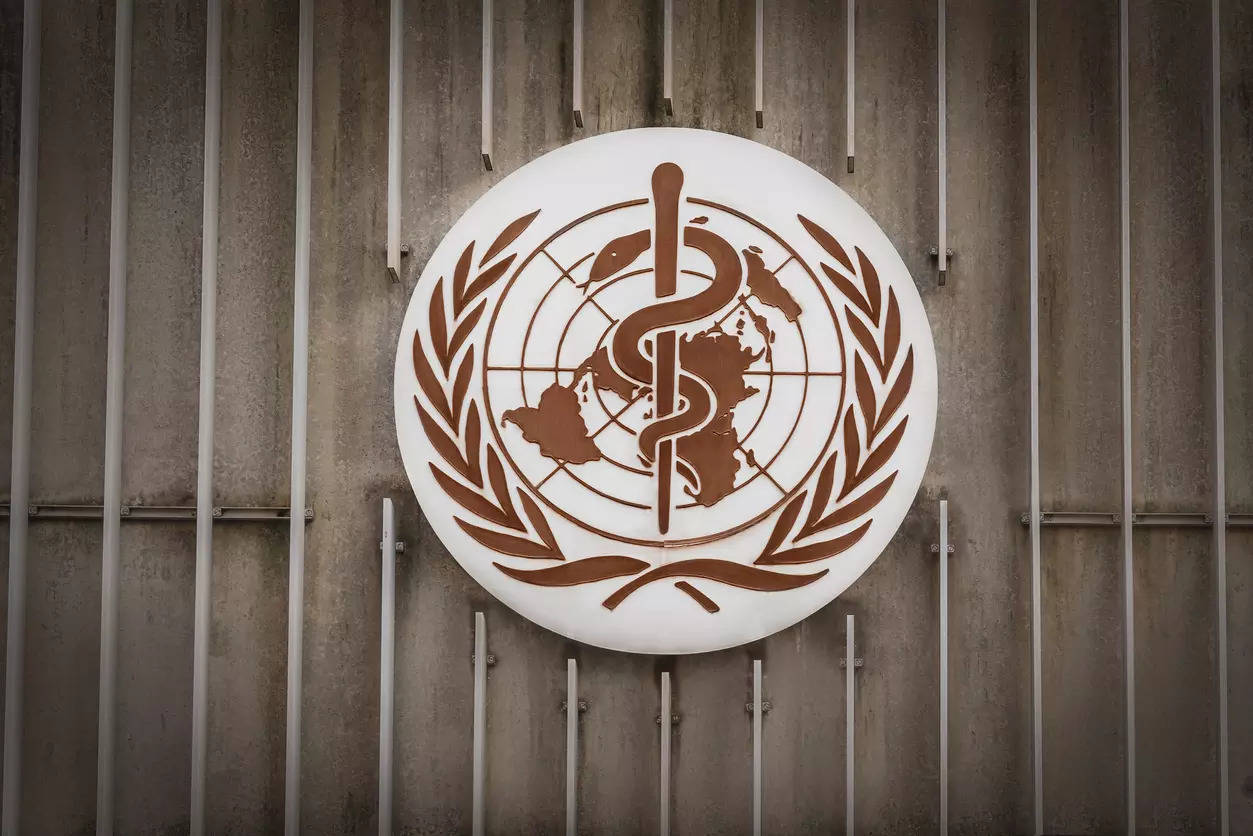
By Abhijeet Singh
New Delhi: No sooner had the celebrations over the reduction of GST on cancer medications ended than the government delivered another reason to rejoice by extending the benefits of Ayushman Bharat Pradhan Mantri Jan Arogya Yojana (AB PM-JAY), to all senior citizens aged 70 and above irrespective of their income.
It has been a much-awaited decision which was earlier expected to come to fruition in the first budget of Modi 3.0 but the Finance Minister budget speech had no mention of it. Eventually the central government acceded to the long standing demand and gave its nod to the scheme which aims to benefit nearly 4.5 crore families, including six crore senior citizens by making them eligible to avail the benefits of publicly funded health assurance scheme which provides health cover of Rs 5 lakh per family annually for secondary and tertiary care hospitalisation.
Being the world’s largest publicly funded health insurance scheme the scheme has far reaching implications both on public health and finances analysing such granular attributes along with their effects. Several industry stalwarts shared their views with ETHealthworld regarding the announcement.
Anil Matai, Director General, OPPI, expressed, “It is a significant milestone in providing essential healthcare services to the elderly and is a crucial step towards fostering a more inclusive healthcare ecosystem… It underlines the importance of including the ‘Missing Middle’, those who are currently excluded from both government and private health insurance schemes.”
Underlining the requirement of such a step, Pavan Choudary, Chairman, MTaI, stressed, “The utility of elders has diminished,… and industrialisation has catalysed the mobility of the young away from family professions and towards nuclearisation of families. Many caregivers fall in the ‘sandwich generation’, with parents to care for on one side and their own children to care for on the other along with the increasing healthcare and caregiving costs may make elders seem like an expensive burden.”
Dr Harsh Mahajan, Chair of FICCI Health Services Committee and Founder Mahajan Imaging & Labs, stated, “As our elderly population grows, so does the need for specialised geriatric care, and this expansion will enable more families to access essential services without the burden of overwhelming medical expenses. However, expanding the beneficiary base by such a significant margin presents real-life challenges, particularly regarding the viability of the scheme for smaller and medium-sized hospitals. These institutions often operate on tight margins, and the added pressure of accommodating a larger patient base, especially with senior citizens requiring more intensive care, could strain their resources.
The sustainability of the scheme hinges on ensuring that reimbursement rates are not just adequate but also reflective of the actual costs incurred by healthcare providers. Additionally, timely payments are critical; delays can disrupt cash flow and hinder the ability of these hospitals to maintain the quality of care. Without addressing these implementation challenges, there is a risk that the expansion could overwhelm the system, making it difficult for smaller providers to continue participating, ultimately affecting the availability and quality of healthcare services for the elderly.”
“To make this expansion truly effective and sustainable, it is crucial that reimbursement rates under the scheme remain fair and that payments are made in a timely manner. This will help ensure that healthcare providers, especially smaller hospitals and clinics, can continue to participate actively and deliver the high-quality care that our elderly citizens deserve,” said Dr Santy Sajan, Group Chief Operating Officer, Paras Health.












![Best Weight Loss Supplements [2022-23] New Reports!](https://technologytangle.com/wp-content/uploads/2022/12/p1-1170962-1670840878.png)




